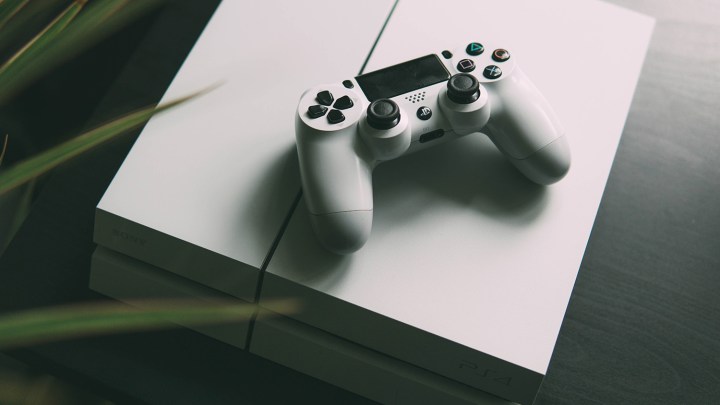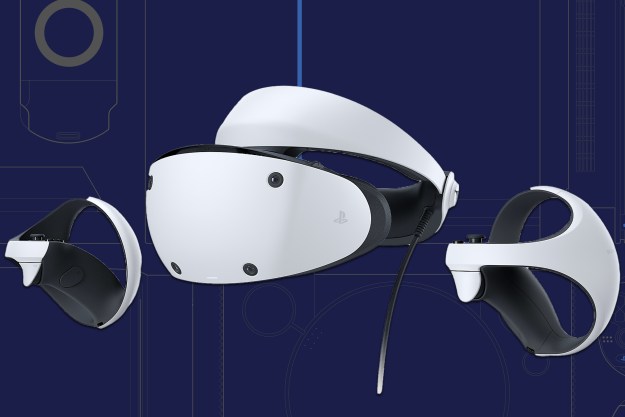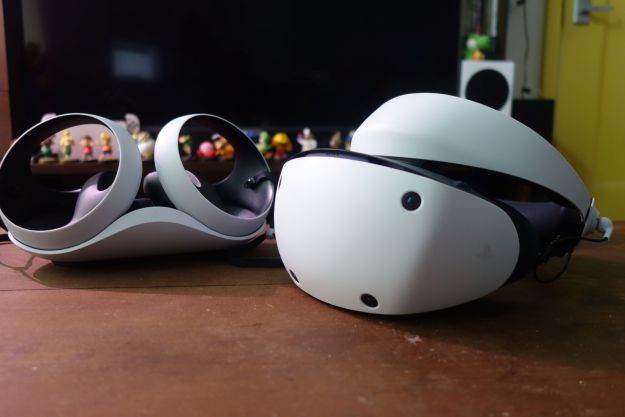
The hype for Sony’s upcoming PlayStation 5 is growing, spurred most recently by a Sony-held investor conference where the company showed how the new console’s solid state drive will improve load times. It’s an impressive improvement, to be sure, changing the load time of a select Spider-Man scene from over eight seconds to under one. Less is known about the graphics horsepower of the next-gen console, but that hasn’t stopped speculation that it’ll be a powerhouse on par with many high-end gaming PCs.
It’s not surprising for new hardware to send gamer’s hearts aflutter. It’s a tale as old as gaming itself. Yet times have changed. A new console used to mean a major leap forward that could make entirely new genres possible. Today’s multi-platform, cloud-centric world has changed that. It doesn’t matter how fast the PlayStation 5 will be – but that doesn’t mean Sony is in trouble.
No one outruns the cloud
Sony can’t win the performance war with Google, or Microsoft, or Amazon, or any other major company with plans to throw its hat in the cloud gaming arena.
Data centers are simply a better environment for extreme performance. Google has quoted the performance of a single Stadia instance at 10.7 teraflops, which is almost twice that of Microsoft’s Xbox One X, and two and half times better than the PlayStation 4 Pro’s 4.2 teraflops. Stadia will also have solid state storage and 16GB of RAM.
As awesome as that sounds, it undersells the real potential of cloud gaming. Listing specifications makes it sound like Stadia will more-or-less rent a console kept in Google’s data center, but that’s not how a modern data center works. There’s not going to be a rack of hardware with your name on it. Data centers are built to scale, which means a customer can access as little or as much power as they need (and pay for).
So, to put it simply, Google could decide to let gamers use two Stadia instances in tandem. Three. Four. Or maybe they allow unlimited access to GPU resources, or unlimited access to memory. I don’t think it’d be as simple as flipping a switch (the fact that modern games are built for relatively fixed hardware will be a pain point), but it’s the inevitable end point. Cloud services are going to sell themselves on ease-of-use. Eventually, all the hardware claims will fall away, replaced by a “it just works” pitch and promo reels of jaw-dropping visuals.

The PlayStation 5 can’t hope to compete with that.
It’s possible, for sure, that Sony might release a very powerful PS5 console in hopes it can get ahead of the threat cloud gaming presents and gain favor among “core gamers” who appreciate stunning graphics.
However, every effort to improve performance will push up the console’s price, and that becomes a Catch-22. I’ve estimated the PS5 will release at $500, which is more than most gamers will want to pay. Even that price point represents a console that’s merely on par with cloud gaming platforms in raw technical grunt. Exceeding it would require a more lavish, and expensive, piece of kit.
Unfortunately, that piece of kit will also rapidly go out of date. The long-standing battle between console and PC gamers provides all the history we need. Consoles often rival or exceed PCs in visual quality at their initial release, but they always fall behind after a few years because of the PC’s unending upgrade cycle. Cloud gaming will be the same story.
Even Sony knows this is a problem. While the company’s claims about Spider-Man load times on the PlayStation 5 have grabbed headlines, it spent more time talking about PS Now and its plan to compete in cloud gaming. Sony thinks cloud gaming with surge in popularity over the next few years and hopes to compete.
You play games, not hardware
The PlayStation 5 has clear obstacles ahead of it. It already feels obsolete. That’s a bit unfair, to be sure – Google’s Stadia has yet to prove itself, after all, and the exact plans of Amazon and Microsoft remain uncertain. Still, the hype is in the air. Cloud gaming is coming and the people in charge of making game hardware, Sony included, seem convinced it’ll be a hit.
But don’t worry, PlayStation fans. There is hope.
Jim Ryan, President and CEO of Sony Interactive Entertainment, has confidence that gamers will flock to PlayStation in all its forms. Why? The games. “I humbly submit that no competitor, existing or potential, can match us in these areas,” he said with confidence during Sony’s investor day. “These areas,” of course, are PlayStation’s original IP, brand, and community.
It’s a key point. The increasing irrelevance of hardware cuts both ways. Yes, it means that the PlayStation 5 will have trouble keeping up with cloud gaming. But it also means the hardware edge cloud gaming offers isn’t an insurmountable advantage. Gamers don’t just pick based on performance. If they did, the Xbox One X would outsell the Switch, but the opposite is true. The PlayStation 4 Pro is also less capable than the Xbox One X but, again, the Xbox console is less popular.

I don’t have to explain why. You already know. Sony and Nintendo have better games. You buy a PlayStation to play Spider-Man, God of War, and The Last of Us. You buy a Switch to play Mario, Zelda, and Pokemon. You buy an Xbox One to play…well, for the most part, you just don’t buy an Xbox One.
That, of course, is where Google’s Stadia and other similar services, like Nvidia’s GeForce Now, currently fall short. Google first demoed what would become Stadia by offering up access to Assassin’s Creed Odyssey on Project Stream. It worked well enough. But Assassin’s Creed is a cross-platform franchise. It’s available on PlayStation 4, Xbox One, or PC, as well as PC-based cloud gaming services and, in Japan, on Switch (again through cloud gaming). Few gamers will join Stadia just to play a game like Odyssey.
They would join Stadia to play a new, exclusive game, one that somehow uses the scale of cloud gaming to offer a larger or more complex game world than anything that’s come before. Google has hinted at that in its marketing for Stadia so far. But if that game is in development, well, they’re not talking about it yet.
PlayStation isn’t a console. It’s a brand.
PlayStation’s story has followed an intriguing arc. The original succeeded because it applied Sony’s experience building entertainment to the home console, transforming it from a relative niche to a living room icon. Today, however, PlayStation is much different. Gamers flock to the brand not because of the console, but because the wide variety of both cross-platform and exclusive games it offers. No one, not even Nintendo, has a more attractive line-up of mainstream games.
That’s a massive strength. It transcends technology. The power and convenience of Google Stadia, or Project xCloud, or any cloud-based competitor, can’t easily beat it. Just ask Microsoft, which tried and failed – over the span of a decade – to build its own collection of original IP like Halo, Gears of War, and Crackdown. It worked. A bit. For awhile. But Microsoft couldn’t keep it working for long.
The PlayStation 5 hype will build to a crescendo over the coming year, and for good reason. A new console is always exciting for gamers. Still, as you read about it, and its emerging competitors, remember that raw performance is not the point. Gaming is about the games. A faster GPU is fun to gawk at, but it’s The Last of Us 2 and God of War 2 that’ll have you forking over up to $500 for Sony’s new hotness.
Editors' Recommendations
- Helldivers 2 PC woes prove that PlayStation needs an online overhaul
- PlayStation has a secret weapon up its sleeve: the Hero Project
- PlayStation VR2 production reportedly paused by Sony
- You need to try PlayStation VR2’s most psychedelic game yet
- PlayStation lays off 900 people and shuts down London Studio


